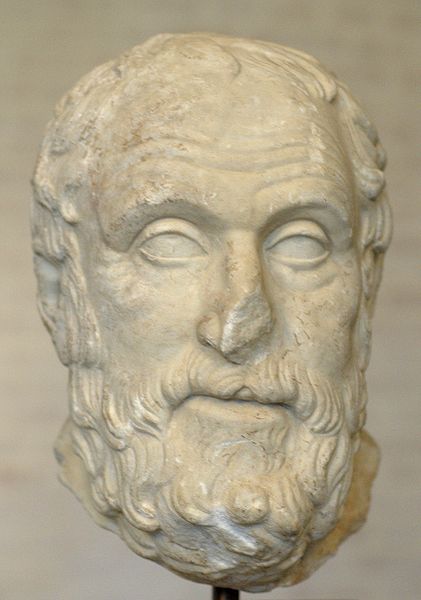The current crisis can be described by the triptych: Superficial Understanding, Uncertainty, Panic.
There is no excuse for the high-profile analysts, whether academics, bankers, or government advisors, not foreseeing the mess we are in at the moment. The methods employed to resolve the banking crisis, prepared the national debt crisis with mathematical certainty. The governments increased their deficits and public debts in order to bail out the banks and protect the banking system from collapse. This way, the problem was moved to a higher level, creating a global public deficit bubble that was ready to burst.
This means that the current crisis should have been forecasted. However, instead of analyzing things rationally, the markets were doing business as usual, assured in their dogmas that big countries don't go bankrupt, just like they were doing business as usual before the banking crisis erupted, assured in the dogma that big banks don't collapse. This irrational assurance, this superficial thinking led to awe and surprise when a country actually collapsed. When Dubai World announced on November a debt standstill, the markets run amok, and decided Greece would be next.
The pressure put on the Greek bonds made it impossible for Greece to borrow money from the markets. In this sense, the markets' fear became a self-fulfilling prophesy, and Greece would have to announce a debt standstill were it not for the high-level diplomacy of the Greek Prime Minister (and President of Socialist International) George Papandreou, who managed to get political and economical support from the rest of the Eurozone in an unprecedented 110 billion euro package.
While Greece took a reprieve, uncertainty rose with regards to the economies of Portugal and Spain, which led the Eurozone leaders to decide upon a historic 750 billion euro package, at the dawn of what would otherwise have been a Black Monday. The panic was averted, for now.
Yet many economists, instead of making insightful analyses of the crisis, they speak of a "Greek disease" or try to explain how the economies of the UK and the US are not like Greece's because they can devalue their currency. Their superficial understanding of both the Greek and the global economy is part of the problem. Instead of helping the markets form a rational approach, the lack of serious thinking adds to the fear and poses a danger to world economy.
Εγγραφή σε:
Σχόλια (Atom)
